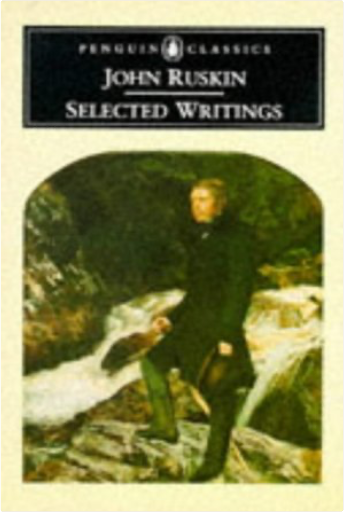 Ruskin: Selected WritingsJohn Ruskin Ruskin: Selected WritingsJohn Ruskin A carefully selected and annotated selection of Ruskin's work. Extracts are grouped together according to subject and each section is introduced separately. This edition was originally published by Penguin as "Ruskin Today". 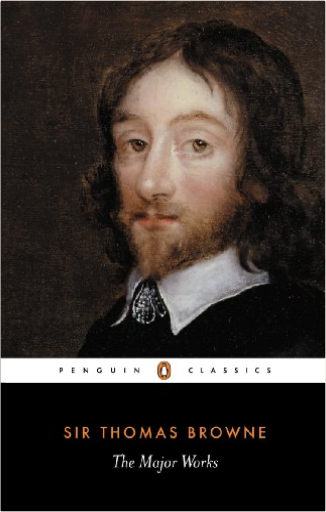 The Major Works: Religio Medici, Hydrotophia, The Garden of Cyprus, A Letter to a Friend, and Christian MoralsSir Thomas Browne, C. A. Patrides The Major Works: Religio Medici, Hydrotophia, The Garden of Cyprus, A Letter to a Friend, and Christian MoralsSir Thomas Browne, C. A. Patrides Sir Thomas Browne (1605-82) was a writer of breathtaking range and learning, whose works demonstrate a warm and humorous view of human nature. Religio Medici is a fascinating, witty and intimate exploration of his views on faith and tolerance, while substantial selections from Pseudodoxia Epidemica display Browne's breadth of knowledge and omnivorous curiosity in his account of common errors in a startling array of subjects including sciences, history, literature and philosophy. Hydriotaphia or 'Urn Buriall' is an intriguing meditation on death and the desire for immortality, The Garden of Cyrus considers the mysterious order to be found in nature, and A Letter to a Friend and the aphoristic Christian Morals provide profound spiritual guidance to readers. 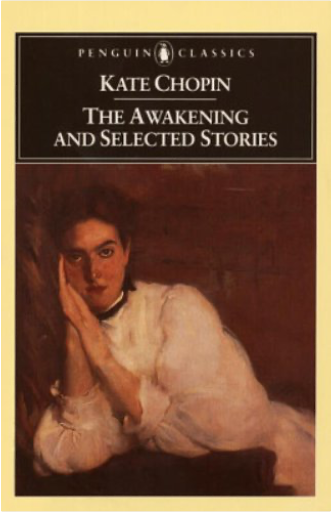 The Awakening, and Selected StoriesKate Chopin The Awakening, and Selected StoriesKate Chopin The Awakening shocked turn-of-the-century readers and reviewers with its treatment of sex and suicide. In a departure from literary convention, Kate Chopin failed to condemn her heroine's desire for an affair with the son of a Louisiana resort owner, whom she meets on vacation. The power of sensuality, the delusion of ecstatic love, and the solitude that accompanies the trappings of middle- and upper-class convention are the themes of this now-classic novel. The book was influenced by French writers ranging from Flaubert to Maupassant, and can be seen as a precursor of the impressionistic, mood-driven novels of Virginia Woolf and Djuna Barnes. Variously called "vulgar, " "unhealthily introspective, " and "morbid, " the book was neglected for several decades, not least because it was written by a "regional" woman writer. This edition also includes selected stories from Kate Chopin's Bayou Folk and A Night in Acadie, and an introduction and notes by Nina Baym. 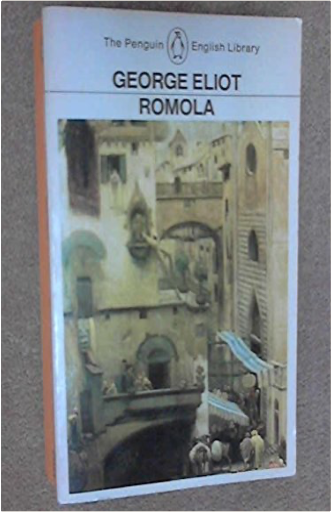 RomolaGeorge Eliot, Andrew Sanders RomolaGeorge Eliot, Andrew Sanders This is a reproduction of a book published before 1923. This book may have occasional imperfections such as missing or blurred pages, poor pictures, errant marks, etc. that were either part of the original artifact, or were introduced by the scanning process. We believe this work is culturally important, and despite the imperfections, have elected to bring it back into print as part of our continuing commitment to the preservation of printed works worldwide. We appreciate your understanding of the imperfections in the preservation process, and hope you enjoy this valuable book. 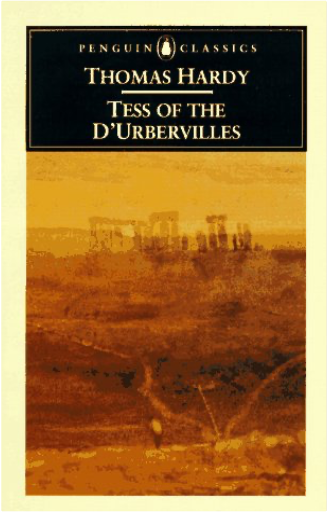 Tess of the D'Urbervilles: A Pure WomanThomas Hardy, David Skilton Tess of the D'Urbervilles: A Pure WomanThomas Hardy, David Skilton In a novel full of poetry and mysterious settings, Hardy unfolds the story of his beautiful, suffering Tess with unforgettable tenderness and intensity. 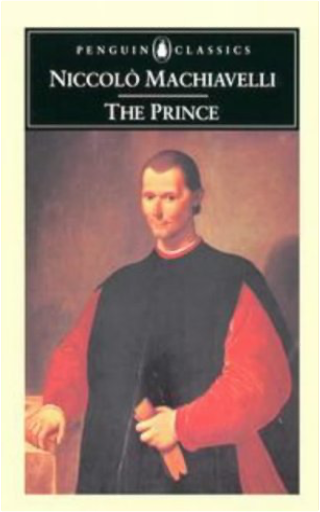 The PrinceNiccolo Machiavelli The PrinceNiccolo Machiavelli Here is the world's most famous master plan for seizing and holding power. Astonishing in its candor "The Prince" even today remains a disturbingly realistic and prophetic work on what it takes to be a prince . . . a king . . . a president. When, in 1512, Machiavelli was removed from his post in his beloved Florence, he resolved to set down a treatise on leadership that was practical, not idealistic. . . "The Prince" . . .has become essential reading for every student of government, and is the ultimate book on power politics. 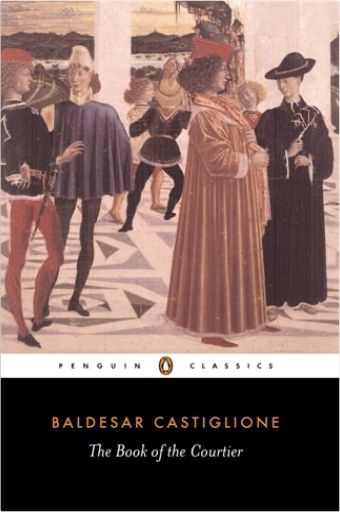 The Book of the CourtierBaldesar Castiglione The Book of the CourtierBaldesar Castiglione ‘The courtier has to imbue with grace his movements, his gestures, his way of doing things and in short, his every action’ 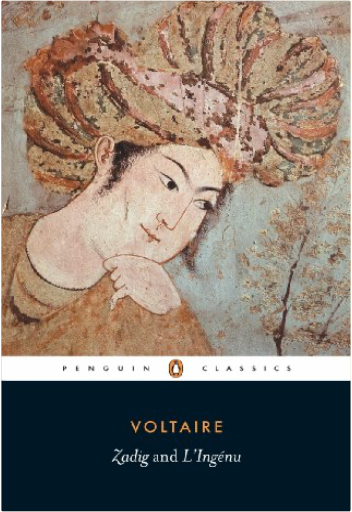 Zadig and L'IngénuVoltaire Zadig and L'IngénuVoltaire One of Voltaire's earliest tales, Zadig is set in the exotic East and is told in the comic spirit of Candide; L'Ingenu, written after Candide, is a darker tale in which an American Indian records his impressions of France 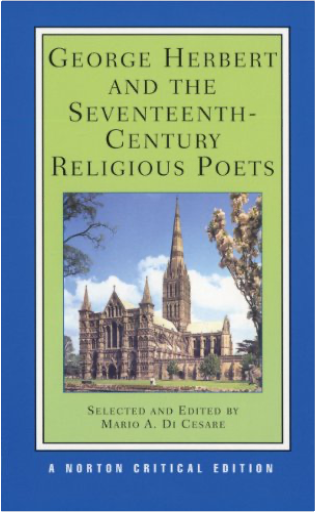 George Herbert and the Seventeenth-Century Religious PoetsGeorge Herbert, Mario A. Di Cesare George Herbert and the Seventeenth-Century Religious PoetsGeorge Herbert, Mario A. Di Cesare This volume presents the major works of five poets―George Herbert, Richard Crashaw, Andrew Marvell, Henry Vaughan, and Thomas Traherne.While most of the selections fall under the heading of religious poetry, the important secular verse of Marvell and Crashaw is included. 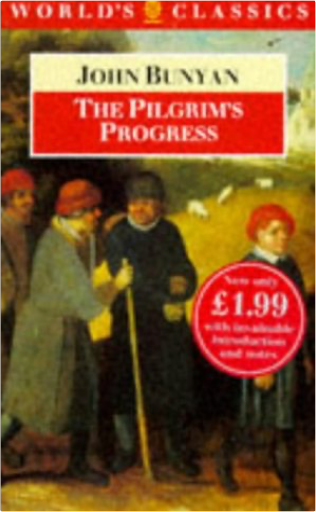 The Pilgrim's ProgressJohn Bunyan, N. H. Keeble The Pilgrim's ProgressJohn Bunyan, N. H. Keeble One of the best-selling books of all time, The Pilgrim's Progress holds a unique place in the history of English literature. Bunyan captures the speech of ordinary people as accurately as he depicts their behavior and appearance and as firmly as he realizes their inner emotional and spiritual life. 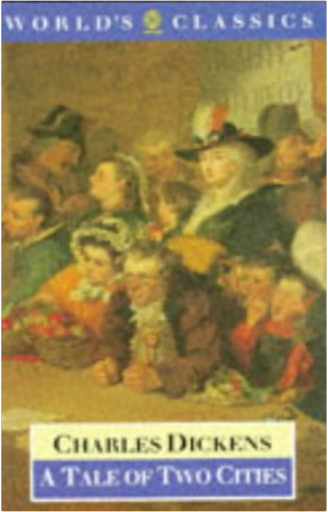 A Tale of Two CitiesCharles Dickens, Andrew Sanders A Tale of Two CitiesCharles Dickens, Andrew Sanders Dickens' second historical novel, which he considered "the best story I have written," provides a highly-charged examination of human suffering and human sacrifice. Private experience and public history paralled one another as the political activities and personal responsibilities of these fictional characters, during the French Revolution, draw them into the Paris of the Terror. 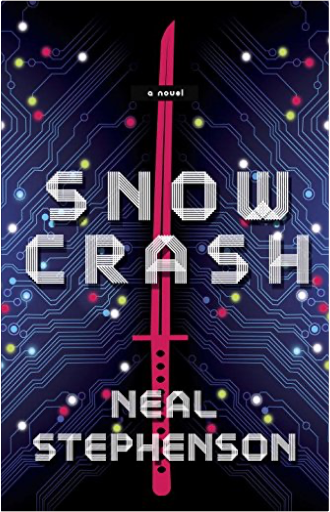 Snow CrashNeal Stephenson Snow CrashNeal Stephenson One of Time’s 100 best English-language novels • A mind-altering romp through a future America so bizarre, so outrageous—you’ll recognize it immediately |
 Made with Delicious Library
Made with Delicious LibraryDenver, CO zipflap congrotus delicious library Tolva, John
